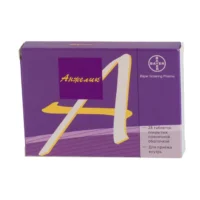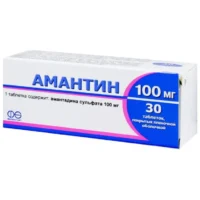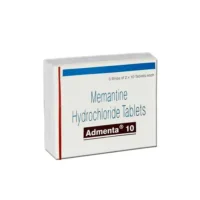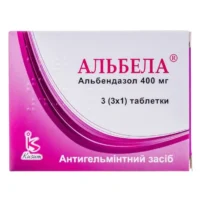Description
Minirin Nasal Spray
Ingredients
- Minirin Nasal Spray contains desmopressin acetate as the active ingredient.
Dosage
- The recommended dosage is as directed by a healthcare professional. Each spray delivers 10 mcg of desmopressin acetate.
Indications
- Minirin Nasal Spray is indicated for the treatment of central diabetes insipidus and nocturia.
Contraindications
- Do not use Minirin Nasal Spray if you have a known allergy to desmopressin or any other component of the formulation.
Directions
- Administer the spray intranasally. Avoid blowing your nose for at least 10 minutes after administration.
Scientific Evidence
- Studies have shown that desmopressin, the active ingredient in Minirin Nasal Spray, effectively reduces urine output and increases urine osmolality in patients with central diabetes insipidus. The nasal spray formulation provides rapid onset of action, making it a convenient option for managing this condition.
Additional Information
- It is important to follow the dosage instructions carefully to avoid the risk of hyponatremia, especially in pediatric and elderly patients. Regular monitoring of electrolyte levels is recommended during treatment with Minirin Nasal Spray.
- Compared to oral desmopressin formulations, the nasal spray offers a more consistent and predictable absorption profile, leading to improved treatment adherence and efficacy in controlling symptoms of diabetes insipidus.





